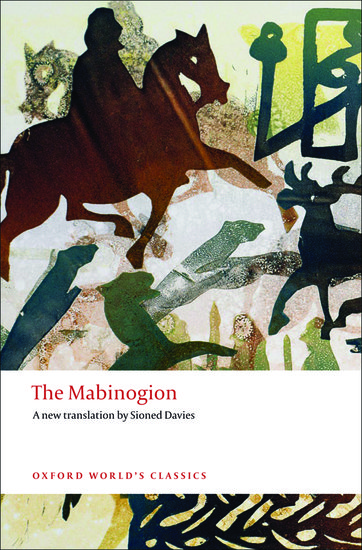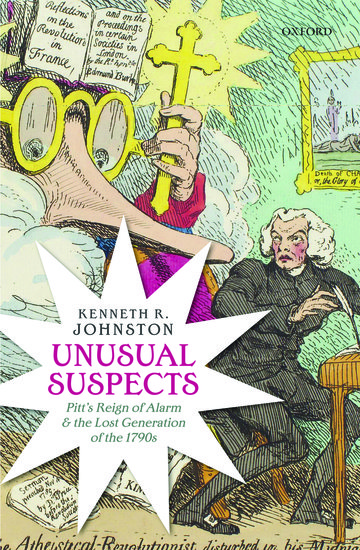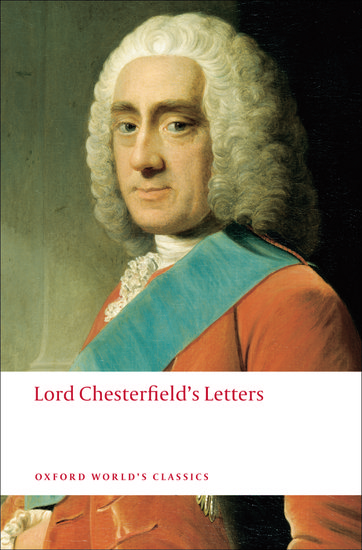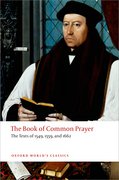The first branch of the Mabinogi
The Mabinogion is the title given to eleven medieval Welsh prose tales preserved mainly in the White Book of Rhydderch (c.1350) and the Red Book of Hergest (c.1400). They were never conceived as a collection—the title was adopted in the nineteenth century when the tales were first translated into English by Lady Charlotte Guest.











